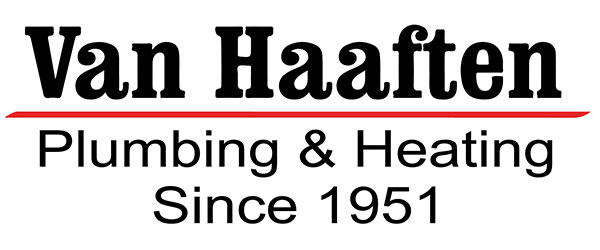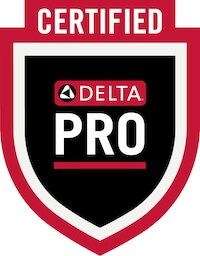
We spend lots of time inside. In fact, the Environmental Protection Agency (EPA) has approximated being within a building accounts for 90% of our time. Although, the EPA also says your indoor air can be three to five times dirtier than outside your home.
That’s due to the fact our residences are firmly sealed to increase energy efficiency. While this is great for your utility bills, it’s not so great if you’re a part of the 40% of the population with respiratory allergies.
When outdoors ventilation is insufficient, pollutants like dust and volatile organic compounds (VOCs) may get stuck. As a result, these pollutants could aggravate your allergies.
You can improve your indoor air quality with clean air and routine cleaning and vacuuming. But if you’re still having issues with symptoms when you’re at your house, an air purifier may be able to provide assistance.
While it can’t remove pollutants that have landed on your furniture or flooring, it could help freshen the air moving throughout your residence.
And air purification has also been scientifically confirmed to help lower some allergic symptoms, according to the American College of Allergy, Asthma and Immunology. It may also be useful if you or someone in your household has lung trouble, including emphysema or COPD.
There are two options, a portable air purifier or a whole-home air purifier. We’ll examine the distinctions so you can figure out what’s right for your house.
Whole-House Air Purifier vs. Portable Air Purifiers
A portable air purifier is for one room. A whole-house air purifier works with your heating and cooling unit to treat your complete house. Some models can work independent when your heating and cooling equipment isn’t running.
What’s the Best Air Purifier for Allergies?
Go after a purifier with a High Efficiency Particulate Air (HEPA) filter. HEPA filters are placed in hospitals and provide the most comprehensive filtration you can get, as they catch 99.97% of particles in the air.
HEPA filters are even more powerful when installed with an ultraviolet (UV) germicidal light. This mighty mixture can wipe out dust, dander, pollen and mold, all of which are common allergens. For the ultimate in air purification, evaluate a system that also has a carbon-based filter to eliminate household smells.
Avoid using an air purifier that makes ozone, which is the top element in smog. The EPA cautions ozone might worsen respiratory troubles, even when emitted at low settings.
The Allergy and Asthma Foundation of America has made a listing of questions to consider when purchasing an air purifier.
- What can this purifier take out from the air? What doesn’t it take out?
- What’s its clean air delivery rate? (A bigger amount means air will be purified faster.)
- How regularly does the filter or UV bulb need to be changed]? Can I complete that on my own?
- How much do replacement filters or bulbs cost?
How to Reduce Seasonal Allergy Symptoms
Want to have the {top|most excellent|best] results from your new air purification unit? The Mayo Clinic recommends doing other procedures to limit your exposure to things that can trigger seasonal allergies.
- Stay indoors and keep windows and doors closed when pollen counts are high.
- Have other household members mow the lawn or pull weeds, since these jobs can worsen symptoms. If you have to do these chores on your own, you might want to consider using a pollen mask. You should also shower without delay and put on clean clothes once you’re done.
- Avoid hanging laundry outdoors.
- Run the AC while at your house or while in the car. Consider using a high efficiency air filter in your house’s HVAC equipment.
- Balance your home’s humidity saturation with a whole-house dehumidifier.
- Hardwood, tile or linoleum are the suggested flooring kinds for reducing indoor allergens. If your house has carpet, use a HEPA filter on your vacuum cleaner.
Let Our Specialists Manage Your Indoor Air Quality Requirements
Prepared to take the next step with installing a whole-house air purifier? Give our professionals a call at 641-628-3621 or contact us online to schedule an appointment. We’ll help you choose the ideal system for your house and budget.



